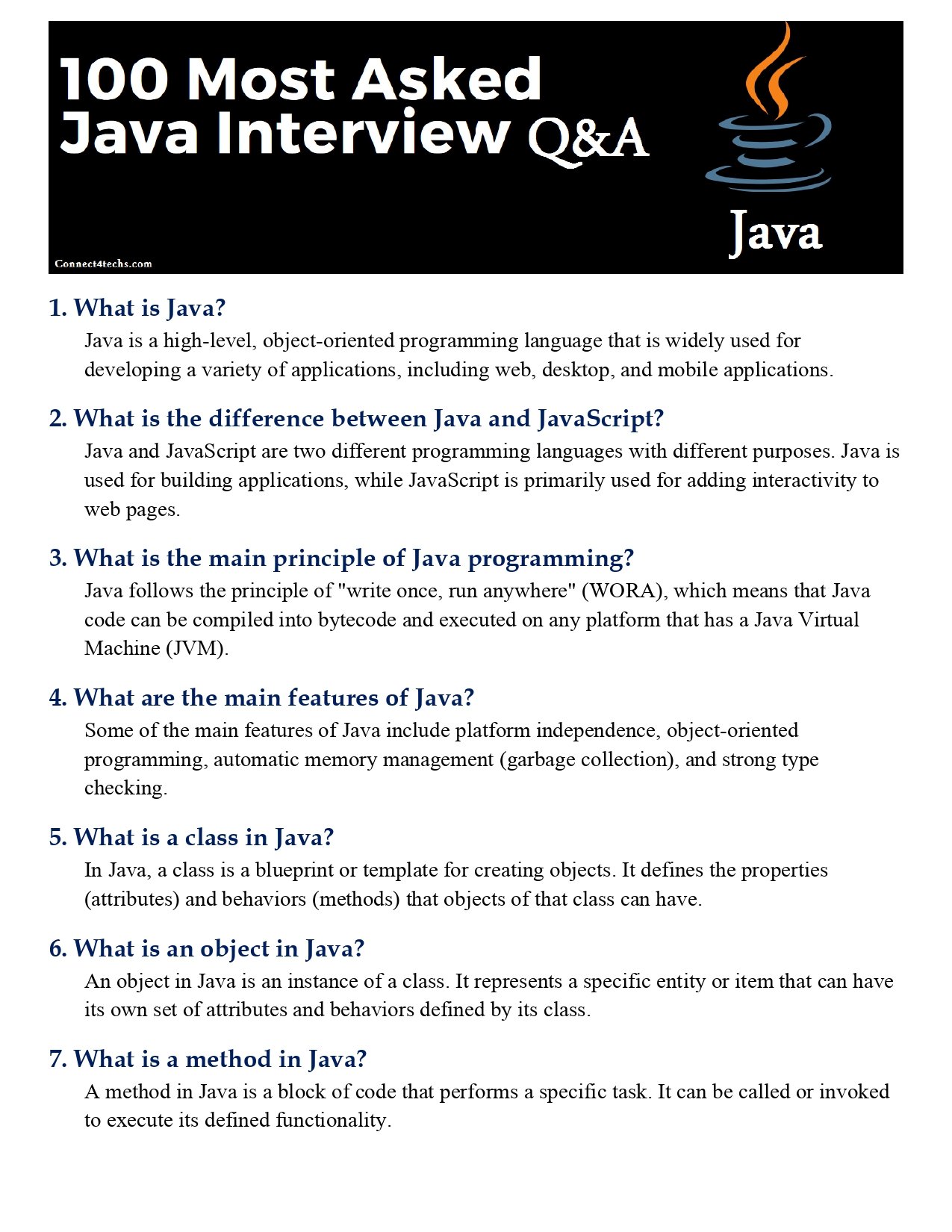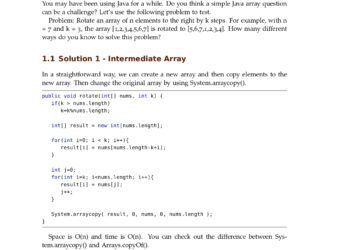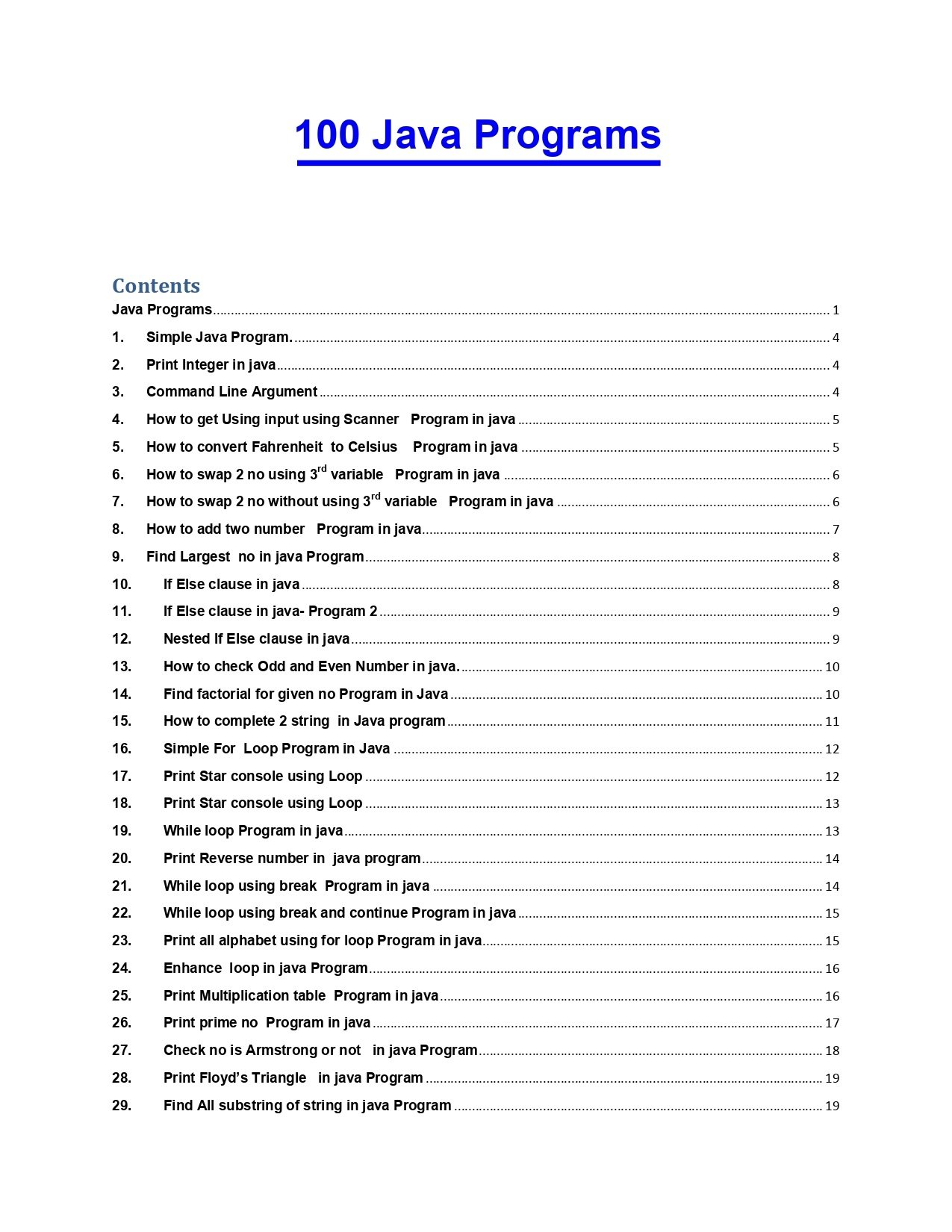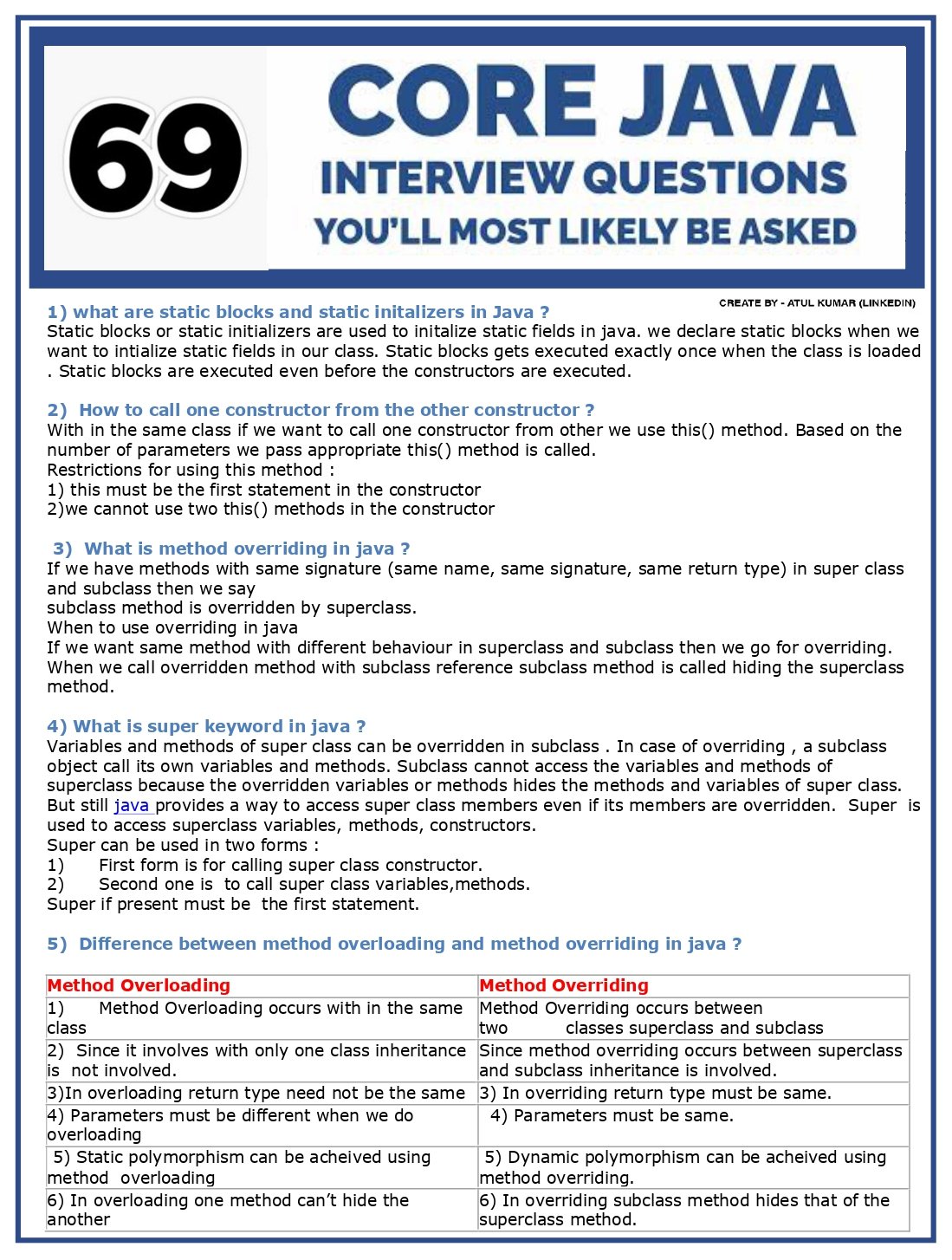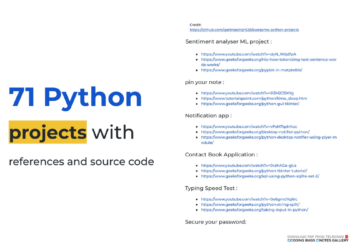Java is a versatile and widely used programming language known for its robustness and platform independence. In this blog post, we present a collection of Java tips and tricks in the form of a PDF.
These tips are designed to help developers improve their coding efficiency, enhance their understanding of Java best practices, and discover hidden features and shortcuts.
Overview of the Tips:
In this section, we provide an overview of the Java tips and tricks PDF we have compiled. These tips cover a wide range of topics, from core Java concepts to advanced techniques. Whether you are a beginner or an experienced Java developer, these tips will offer valuable insights and practical solutions to common programming challenges.





The Content of the Tips:
The PDF tips cover the following areas:
a. Core Java Concepts:
- Tips on working with data types, control structures, loops, and arrays.
- Techniques for handling exceptions, managing memory, and optimizing code performance.
- Insights into Java naming conventions, coding style, and effective commenting.
b. Object-Oriented Programming (OOP):
- Tips for implementing encapsulation, inheritance, polymorphism, and abstraction effectively.
- Techniques for designing and implementing classes, interfaces, and enumerations.
- Best practices for using access modifiers, constructors, and static members.
c. Java Collections and Generics:
- Tips for utilizing the various collection classes (e.g., ArrayList, LinkedList, HashMap) efficiently.
- Techniques for working with generics and leveraging their benefits.
- Insights into common collection operations, such as sorting, searching, and filtering.
d. Java API Usage:
- Tips for effectively utilizing the Java API, including popular classes and methods.
- Techniques for working with I/O operations, networking, concurrency, and threading.
- Insights into useful libraries and frameworks for specific domains, such as JavaFX for GUI development.
Why These Tips:
These Java tips and tricks offer several advantages for developers:
a. Improved Coding Efficiency: The tips provide shortcuts, techniques, and best practices that can significantly enhance your coding speed and efficiency.
b. Enhanced Best Practices: By following these tips, you can adhere to Java best practices and write cleaner, more maintainable code.
c. Discovery of Hidden Features: The tips may introduce you to lesser-known features and functionalities of the Java language and its libraries.
d. Problem Solving: The tips address common programming challenges and provide solutions that can save you time and effort.
Conclusion:
in conclusion, this collection of Java tips and tricks in PDF format serves as a valuable resource for Java developers seeking to improve their skills and productivity. By leveraging these tips, you can enhance your coding efficiency, adhere to best practices, and discover new features and shortcuts in the Java language.
We encourage you to download the PDF and explore the various tips. Whether you are a beginner aiming to strengthen your foundational knowledge or an experienced developer looking to expand your Java repertoire, these tips will undoubtedly prove beneficial. Happy coding!
Nu Of Pages:
6 Pages
Note: To Download the Java Tips and Tricks (PDF), please Click Here.
For Java Tutorial PDF From here



